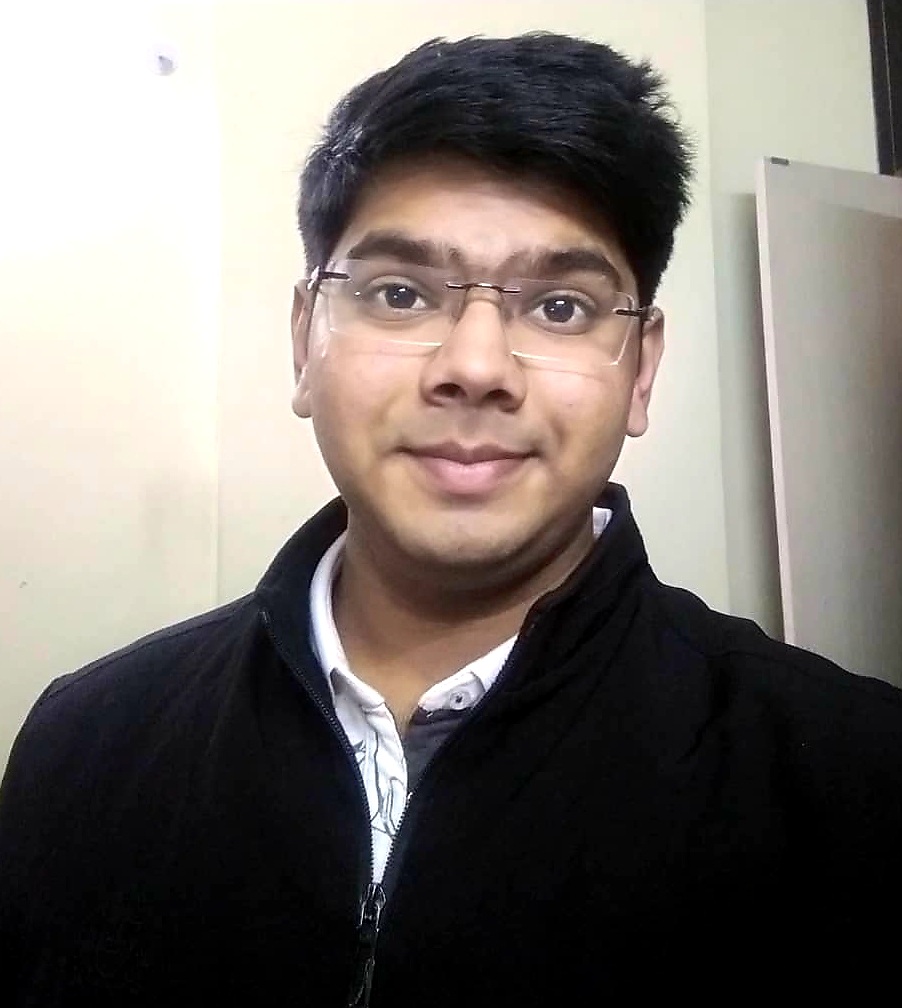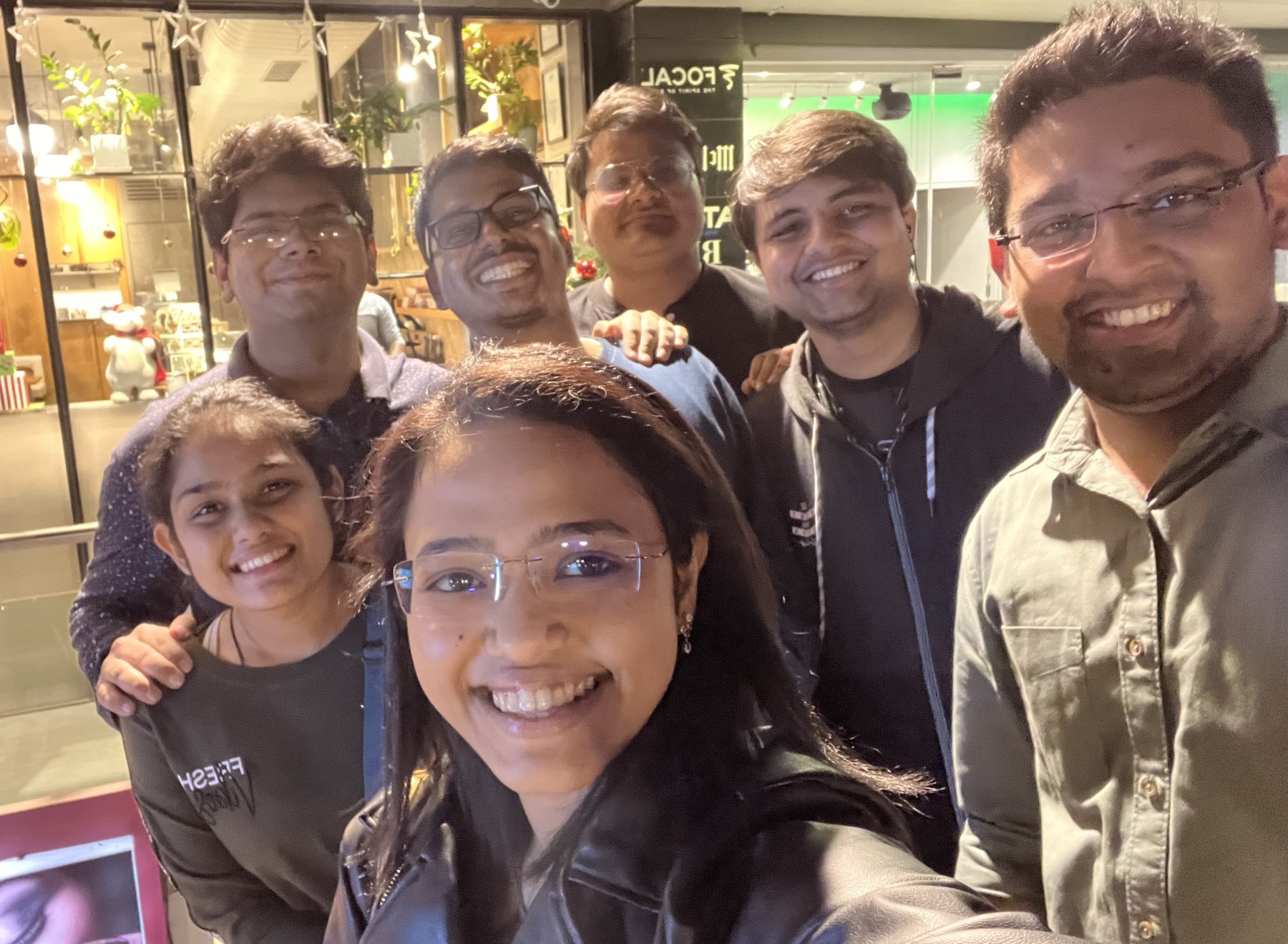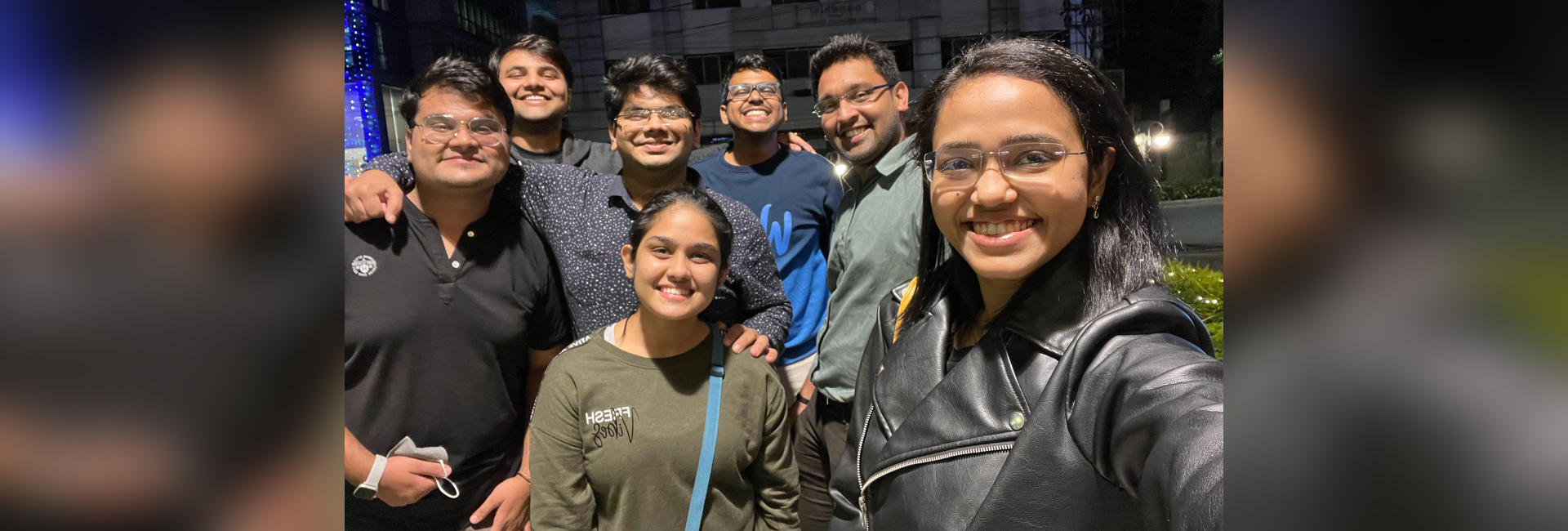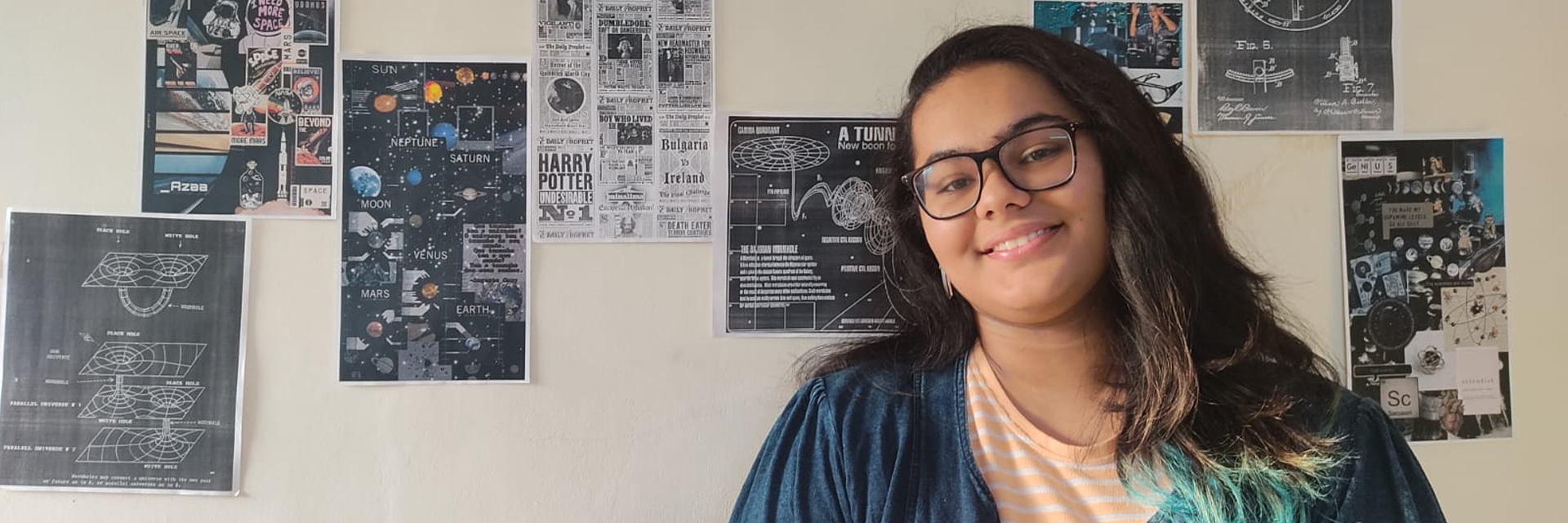(August 11, 2022) India’s Space Activity Bill 2022 is all set to give private sector participation in space tech the launch pad for which they have been waiting. As space-related activity and research are ramped up around the world, India, which is home to over 100 spacetech startups, intends to be a major a global player. In November 2021, Hyderabad-based space tech firm Skyroot Aerospace successfully test fired Dhawan 1, India’s first privately-built fully Cryogenic rocket engine. As Skyroot makes headway on its launch vehicle, Vikram-1, the company will give private innovation another boost, through its collaboration with Spaceonova.
A space-research startup co-founded by Shivam Singh and Dr Shreya Santra, Spaceonova is currently developing a one-of-a-kind miniaturised lab in space that will be launched on Vikram-1. “We are looking at biophysical experiments in microgravity using technology called micro-electromechanical systems,” Shivam says, in an interview with Global Indian.This year, Shivam will head to the US to complete his training as a Scientist-Astronaut Candidate by Project PoSSUM, the Aeronomy Research Program at the International Institute of Astronautical Sciences (IIAS).
At the time of our conversation, Shivam had just moved to Hyderabad, where Spaceonova will be part of the Atal Incubation Centre at the CSIR-Centre for Cellular and Molecular Biology. The Incubation Centre falls under the umbrella of the Atal Incubation Mission, a non-profit company established in 2019. It is part of the larger Atal Innovation Mission, a flagship initiative by the government of India and NITI Aayog. “Here, we have access to the high-tech biological labs and other facilities we need,” Shivam says.

Missing out on IIT to being a citizen space scientist
Born in Visakhapatnam, into a Navy family, Shivam’s early years were spent moving around the country. He returned to hometown and finished his tenth grade at the Navy Children’s School, showing a deep interest in both science and psychology. So, he ended up at the FIITJEE junior college with a 100 percent scholarship, where all roads led to IIT and the focus was concentrated solely on strategising for the rigorous entrance exam.
“I almost gave up on studying at that point,” Shivam admits. “I spent two years thinking of everything except my coursework.” He didn’t get into the IIT of his choice and instead joined Delhi University for a BSc Honours in Electronics. “There was a certain mindset at the time – if you take BSc, you are a failure,” he remarks. “But I decided to follow my passion for the subject and prepare for B.Tech. The course also had an entrepreneurial element, which interested me.”
In college, Shivam, who was interning with i3 Indya Technologies, would conduct technical workshops at local colleges. As he did this, he realised the glaring gaps in the system and the fact that students aren’t adequately prepared to meet industrial needs. “Even the IITs train you to work at Google and other MNCs but don’t really delve into newer technologies,” he says. At the same time, he and a friend were discussing the absence of telescopes in college and decided to start their own astronomy club, Vyoma. This was back in 2019. “We did some research and participated in an asteroid search, we managed to locate three confirmed asteroids,” Shivam says. Hhey also interned with the Star Lab in Surat, which was working to build a 3D printed, high-powered rocket. “They were working on the recovery system and although I didn’t have enough knowledge then, I joined the team as a Systems and Propulsions Engineer.”


Team Spaceonova
How Spaceonova came to be
One year later, Vyoma, which began amid great opposition from their seniors in college, emerged as Spaceonova. At the time, their aim was to teach astronomy and the latest technology to students and faculty in their college and to underprivileged kids. The idea was to “create a space ecosystem where anyone can be a space technologist.” So far, over 45,000 students across some 40 countries have been impacted by their work, which involves helping them to pursue careers in the space sciences.
In August 2021, their organisation became Spaceonova Private Limited, a space tech and research company, which received its government of India recognition in October that year. “We have two laterals,” Shivam explains. “One is space research and tech, we’re using microgravity research for therapeutic applications.”
Microgravity is a condition in which the pull of gravity is so low that objects appear weightless. These ‘G-forces’ can never entirely be absent – however, one would have to go very far from the Earth’s orbit to experience this state. “We are looking at simulators, high altitude balloons and parabolic flights to create microgravity conditions,” Shivam explains. “We could, for instance, launch our lab in a balloon and allow it to free fall, mimicking microgravity for a few seconds. This will give us real-time data on how the lab performs.”
High altitude balloon tests for the miniature lab are being planned for the end of 2022. “This is our milestone for the year. Once it’s done, we move to space qualification testing and expose it to thermal radiation. Next year comes the orbital launch.” They are also working to access parabolic flights through the US-based spaceflight services. A Falcon 20 aircraft is specially modified to simulate microgravity conditions.
Revolutionising therapeutic research
The possibilities of using microgravity are endless, especially in terms of therapeutic applications,” Shivam says. “For instance, there are many recessive traits which are revealed in those conditions that are not revealed on earth. It can lead to faster R&D, more innovation and generation of IP and holds great potential in pharmaceuticals, biotechnology and fluid physics.” Pharma giant AstraZeneca has been studying nanoparticle formation in microgravity to revolutionise molecular-targeting strategies in drug delivery systems.
“In India, we still tend to think of space research in terms of satellites and launch vehicles,” Shivam remarks. “But there are many companies already exploring therapeutic applications, software and space robotics.” Spaceonova currently has a core team of four people, led by Dr Shreya Shanta and Shivam.
- Follow Spaceonova on Instagram



